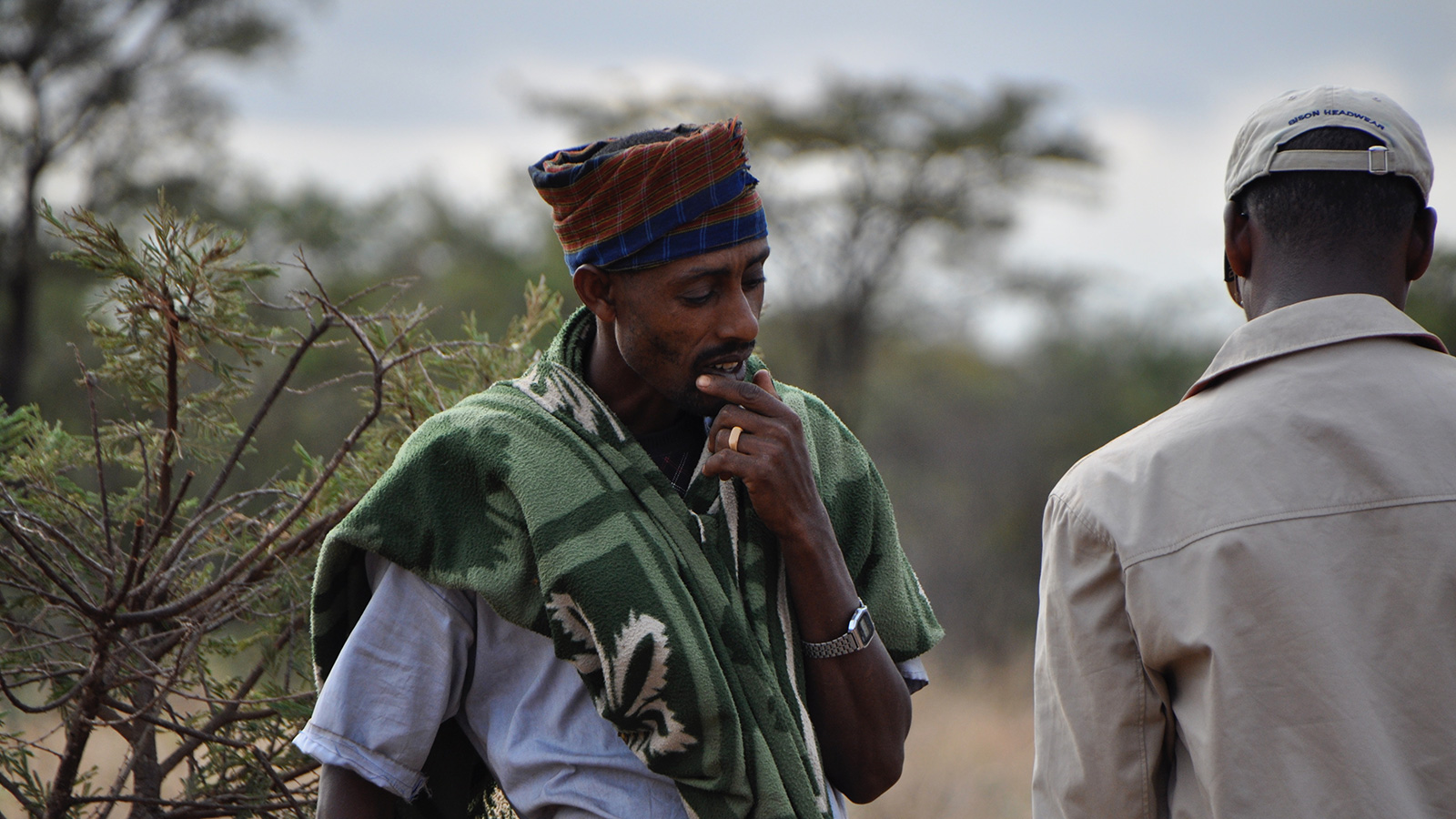
About Our Case Studies
The Capacity Gap
The most important legally binding element of the Paris Agreement is that countries must accurately take stock of their greenhouse gas sources and sinks. Yet three years after the Paris Agreement came into force, there is still a significant disconnect between ambition and implementation. Even with unprecedented political will to combat climate change, institutions in many countries cannot fully meet the requirements of the Paris Agreement.
We train the workforce to solve climate change.
Closing the Gap
Building additional capacity for greenhouse gas inventories helps countries efficiently meet NDC targets, increase climate ambition, and raise funds for nature-based solutions. International capacity-building efforts to date have often been discrete initiatives revolving around short workshops and online courses with significant foreign expert roles. A structural shift is essential for permanent and country-owned technical training in greenhouse gas measurements that support leaders who conserve and restore forests.
Our Sustainable Capacity Model
To meet this challenge, the Carbon Institute makes long-term commitments to building institutionalized greenhouse gas measurement and management capacity, and we support faculty that run advanced terrestrial and marine carbon certificate programs.

The Carbon Institute also provides advanced faculty training to help countries measure, model, and sustainably manage terrestrial and coastal natural climate solutions. Our self-sustaining and solution-oriented professional training courses use teaching best practices, shared curricula, faculty mentoring, and active learning modules. All of our carbon certificate programs are nationally or regionally owned and operated as well as internationally accredited.
Investing in carbon accounting faculty builds long-term capacity and a new generation of carbon professionals. Our model invests in the long-term success of a country’s workforce, educational systems, and national climate ambition by empowering academic institutions to sustain and grow human capacity for restoring oceans and forests.
Featured Curriculum Content
- TCA Policy Context
- IPCC Guidelines and Land Use Classification
- GIS, Remote Sensing, and Activity Data
- Field Measurements and Emission Factors
- Carbon Accounting Math and Statistics
- Communicating TCA Results
Collaborative Capacity Lab
Pre-Launch. A new network-of-networks to change the nature of capacity building for nature-based solutions to climate change.
View Case Study >
Africa
A regional hub of excellence in teaching terrestrial carbon accounting, taught exclusively by faculty from three African countries.
View Case Study >
China
Over two years, ten Chinese faculty taught more than 100 new carbon professionals in advanced terrestrial carbon accounting.
View Case Study >
Indonesia
An advanced terrestrial carbon accounting certificate program embedded in one of Indonesia’s premier universities.
View Case Study >

